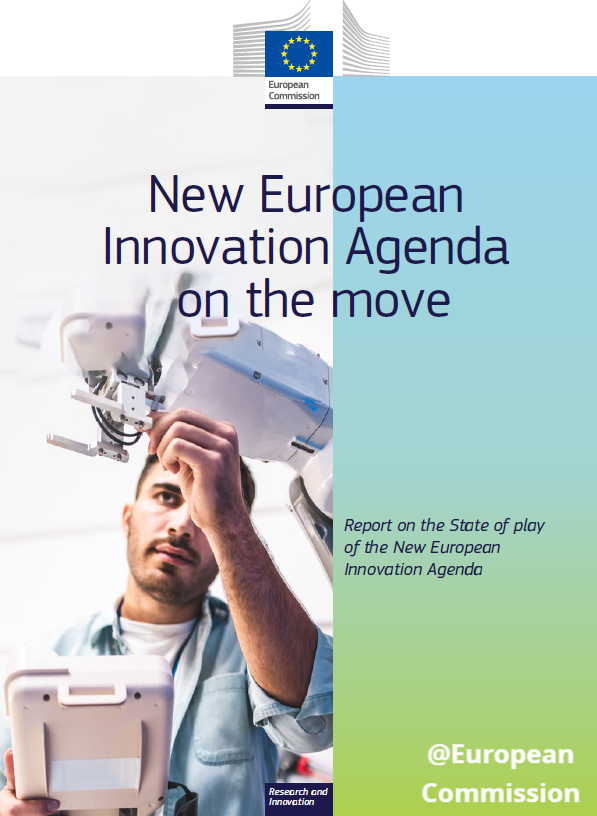
On 20 March 2024, the European Commission released a progress report on the New European Innovation Agenda (NEIA), nearly two years after its launch. Aiming to scale up deep tech and contribute to both the green and digital transitions, as well as the EU’s competitiveness, notably through reinforced innovation procurement, the New European Innovation Agenda is currently progressing at full speed, with 13 out of its 25 actions now completed. Overall, the initiative is paving the way for a competitive clean energy transition and reinforcing leadership in key technologies such as batteries, hydrogen, photovoltaics, and wind energy, alongside numerous policy initiatives, including the Green Deal Industrial Plan.
The publication takes stock of the accomplishments of the NEIA, which intends to leverage the strengths of the EU through five flagship areas - funding scale-ups; enabling innovation through experimentation spaces and public procurement; accelerating and strengthening ecosystems while addressing the innovation divide; fostering, attracting and retaining talent; and improving policy-making tools.
The European Commission notes that a number of additional actions aimed at supporting the NEIA have been launched since 2022. Indeed, member states and associated countries have announced more than 200 legislative and policy initiatives, as well as funding schemes strengthening the NEIA at the national level.
Within the second flagship area, which primarily aims at creating innovation-friendly regulatory frameworks, the NEIA contributed to promoting testing and experimentation facilities across Europe. Furthermore, the report underlines that a number of projects on open-innovation test beds for hydrogen and advanced materials are still ongoing.
The New European Innovation Agenda is also contributing to developing and reinforcing synergies between Horizon Europe and cohesion-policy programmes. In this regard, the report underlines the importance of setting up a one-stop shop for innovation ecosystem stakeholders. Similarly, the creation of Regional Innovation Valleys (RIVs), with more than 150 regions pre-identified to receive a Regional Innovation Valley label, is still ongoing. In total, more than 250 participants are expected to be granted a total of over €115 million. In parallel, the doubling of the number of hydrogen valleys is still in progress, as well as an extension to all renewable energy sources of the concept, which promotes the creation of clusters connecting production facilities, transport, and application and usage.
Finally, the European Commission underscores the importance of artificial intelligence (AI), and announced working on an assessment of the impact of AI on research and innovation. The report also notably considers the challenge of skills and attractiveness of research careers, with the adoption in November 2023 of the skills and talent mobility package, complementing the action of the NEIA.